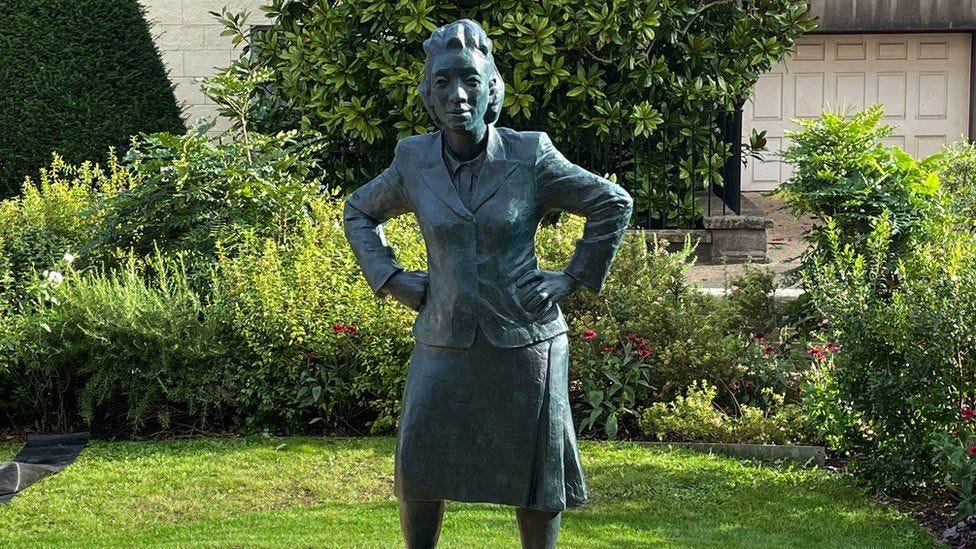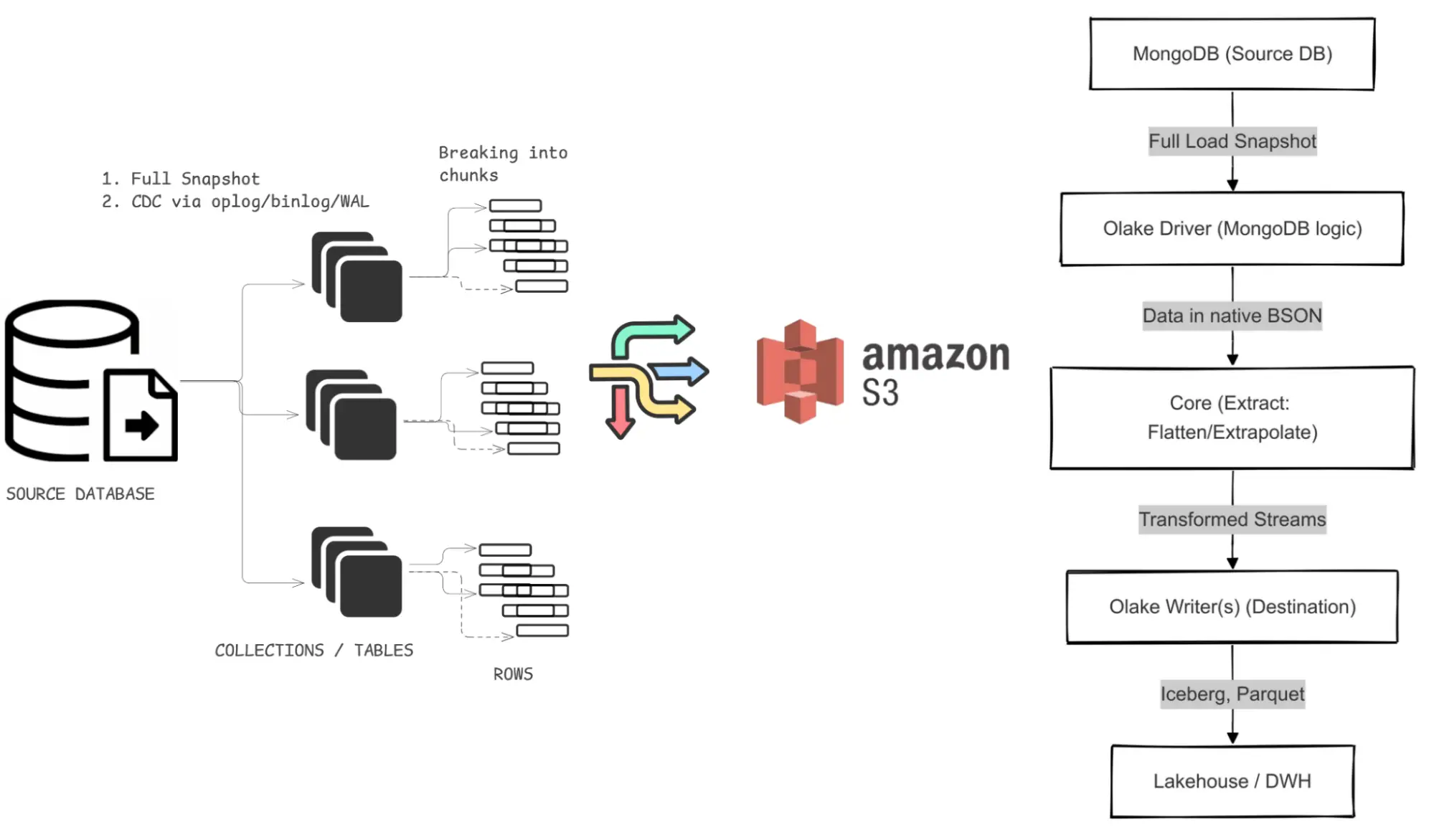
‘If journalism is going up in smoke, I might as well get high off the fumes’: confessions of a chatbot helper
Journalists and other writers are employed to improve the quality of chatbot replies. The irony of working for an industry that may well make their craft redundant is not lost on them
F or several hours a week, I write for a technology company worth billions of dollars. Alongside me are published novelists, rising academics and several other freelance journalists. The workload is flexible, the pay better than we are used to, and the assignments never run out. But what we write will never be read by anyone outside the company.
Large language models (LLMs) such as ChatGPT have made it possible to automate huge swaths of linguistic life, from summarising any amount of text to drafting emails, essays and even entire novels. These tools appear so good at writing that they have become synonymous with the very idea of artificial intelligence.
But before they ever risk leading to a godlike superintelligence or devastating mass unemployment, they first need training. Instead of using these grandiloquent chatbots to automate us out of our livelihoods, tech companies are contracting us to help train their models.


















